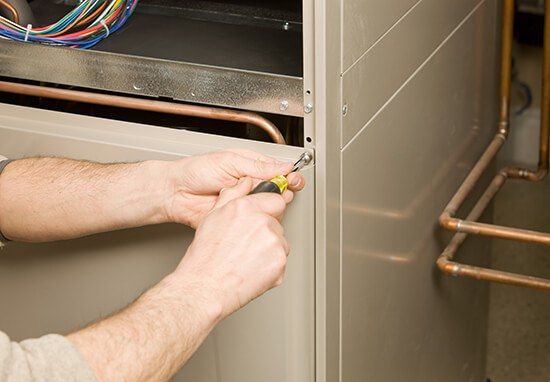
8 Reasons Why Your Is Furnace Making Noise
It is usual for your furnace to make low sounds while it’s operational. However, if you hear very loud, unusual noises coming from your furnace, something could be wrong. Typically, when you start your furnace, it produces some noises when the heating cycle starts. It can also make a pop or click as it fires up, followed by a dull hum. All these noises are normal and should not worry you.
As your furnace gets older, wear and tear increases, and it tends to be a bit louder. It may produce noises that may lower your comfort. Newer furnaces have insulation and additional features that limit the noises coming from the system. They can operate with minimal noise. Loud noises could indicate loose components in the furnace or other serious HVAC issues. Here are eight reasons why your furnace is making noise.
1. Faulty Blower Motor
If your blower motor is experiencing some issues, you may hear a high-pitched squeal or whistling sound. You may also experience rattling and loud screeching noises. The motor blower pushes warm air out of the furnace through the ducts into your home. The blower motor has bearings that can overheat or age, increasing wear and tear leading to loud noises.
If your house is experiencing reduced airflow, the blower may strain to pull air which causes a whistling sound. Damaged or dirty air ducts, closed air vents, and dirty air filters can reduce airflow in your home. A broken motor mount can also cause rattling noises when it makes contact with the housing.
If you hear these noises, you need to contact an HVAC technician to fix the problem. Ignoring the noises can lead to damage to other parts of the furnace leading to a breakdown. It can also lead to more costly repairs, which may force you to replace the entire furnace. If you hear whistling sounds coming from your furnace, you can try opening your vents or replacing the air filters.
2. Dirty Burners
Loud bang sounds can indicate your furnace has dirty burners. When the burners are dirty, they can delay the ignition leading to gas buildup in the combustion chamber. This causes a bang sound or explosion after ignition. Scheduling annual cleanings and inspections can help prevent these issues and prevent these noises.
Other causes of delayed ignition include a broken pilot light, too much air mixed with the gas and low gas supply. Your furnace requires a balanced air to fuel ratio for it to work efficiently. If there is limited gas with too much air, it may lead to a loud booming sound due to the gas buildup.
However, you may also experience boom sounds as the metal air ducts in your home expand or contract due to changes in temperature. This is normal and not cause for alarm, but you can seal, insulate or replace the ducts if the sounds affect your comfort.
3. Faulty Heat Exchanger
The heat exchanger is an essential component of the furnace that prevents the mixture of gas and combustion fumes from escaping. It is a thin metal shield located between the blower and the combustion chamber. It consists of metal coils that heat cold air from your home and turns it warm before it’s circulated throughout your home.
If there is a loose component or panel in the furnace, you may hear rattling noises. This can be fixed by turning off the furnace and fixing any loose parts with a screwdriver. However, if the rattling sounds persist, it may be a sign that there may be a crack or leak in the heat exchanger. This is a serious issue that can lead to carbon monoxide leakages in your home. Carbon monoxide is an odorless, colorless, and toxic gas that is fatal when inhaled for a prolonged period.
A lack of airflow can cause a crack in the heat exchanger. If you have dirty coils, filters, or blowers, they can restrict airflow and cause heat to build up in the heat exchangers causing cracks. You should contact professional HVAC technicians to fix your furnace and prevent further damage. The technicians will inspect the heat exchanger for leaks and repair or replace the furnace.
4. Loose Components
Your furnace has numerous components and a lot of moving parts. Over time, increased wear and tear can cause the parts to become loose and make rattling noises. Panels around the furnace or connections in the ductwork can make noises while the furnace is running. It could also mean your furnace was not installed properly, and some screws were not tightened.
Ensure that you have qualified and experienced technicians to install your furnace correctly. Annual tune-ups can also help prevent having loose components in your furnace. The technicians will tighten any loose screws or panels and lubricate all the moving parts.
5. Faulty Ignition
The ignition system in the furnace creates combustion that produces heat. You may hear a clicking sound if the ignition system is faulty or struggles to light. Some of the issues that can cause the ignition system to make a clicking sound include a broken sensor or faulty pilot light. Additionally, a defective ignition board or valve can prevent gas from reaching the system. An HVAC technician can inspect your furnace and fix the issue to restore the efficiency of your furnace.
6. Loose Fan Belt
Some furnaces have a belt-driven motor which can become loose and produce screeching or squealing noises. Lack of lubrication in the shaft bearings and other moving parts can also produce a squealing noise as the parts rub against each other. A qualified HVAC technician can lubricate the moving parts of your furnace during a tune-up to prevent friction and ensure your furnace is operating at peak performance.
The fan belt is subject to wear and tear over time and requires adjustment or replacement. It is advisable that you do not try to adjust the belt on your own as it is dangerous and can add more problems. An experienced HVAC technician will have the necessary tools and expertise to repair, adjust or replace the belt.
7. Faulty Blower Wheel
The Blower wheel is a part of the blower motor that pushes air through the duct system. When the blower wheel becomes loose, it can make a loud clanking sound as it hits the blower house casing. If you hear loud clanking noises, you need to contact an HVAC to perform an inspection. You can turn off your furnace to prevent further damage. If the damage to the wheel is minimal, your HVAC technician can fix it. However, if the damage is massive, you may need to replace it entirely to restore the efficiency of your furnace.
8. Electrical Problem
You may experience a buzzing or humming noise coming from your furnace when it has an electrical problem. Although a dull hum is normal, it could indicate a problem when the sound is too loud. Some of the issues that can cause a bussing sound include:
- A faulty transformer
- Aging blower motor
- Bad inducer motor
- A failing blower motor capacitor
You may require a professional technician to check the electrical components of your furnace.
[company_name] provides quality HVAC services, including repairs, installations and maintenance in Gainesville and the surrounding area. Our technicians are Nate-certified and have a quick response time. They are also very friendly and available for 24/7 emergency repairs. Contact [company_name] today for more information!
Table of Contents
More Articles
Categories
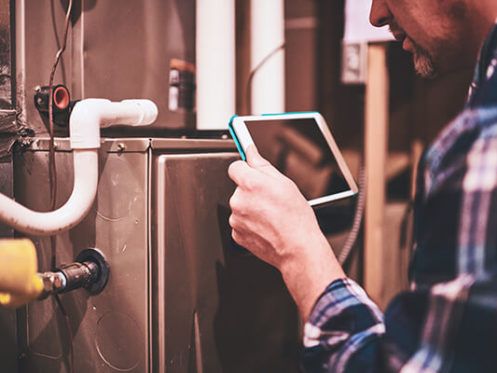
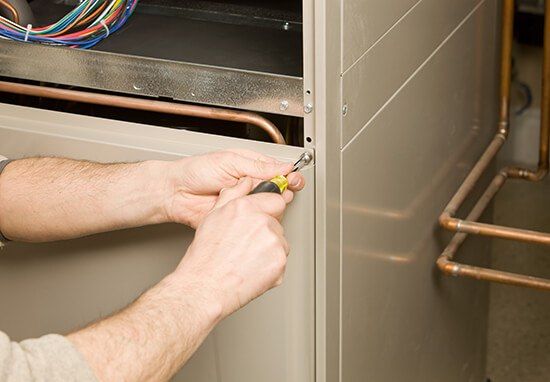
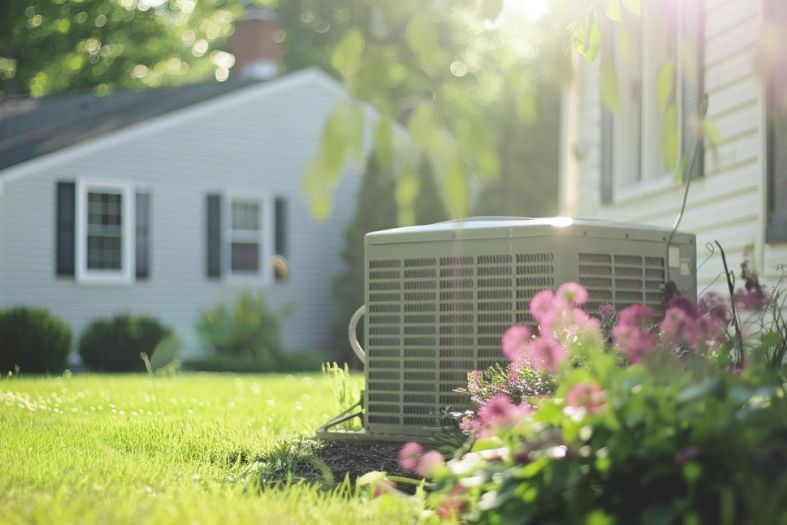
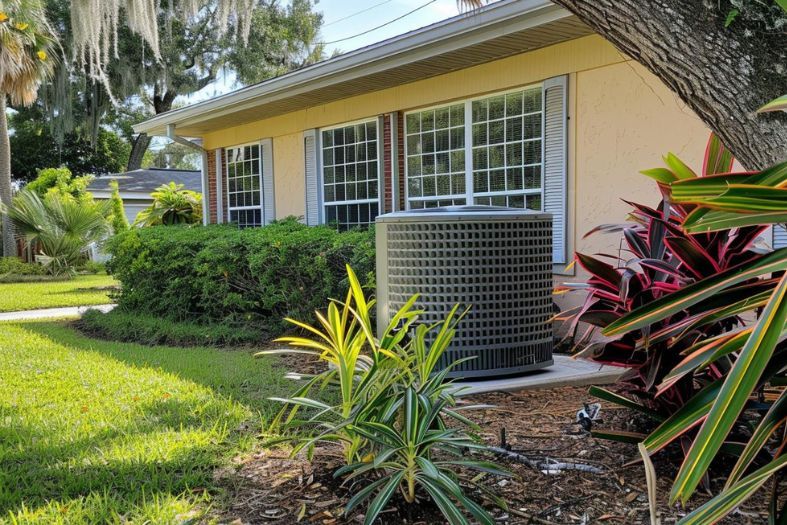
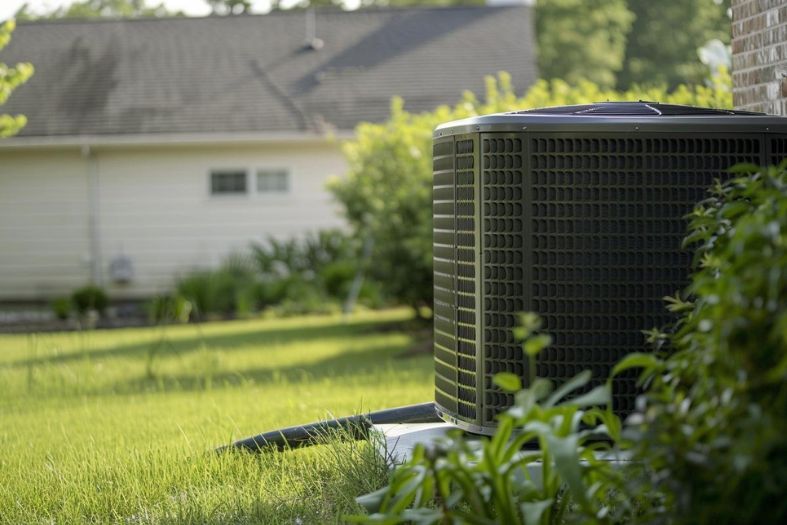
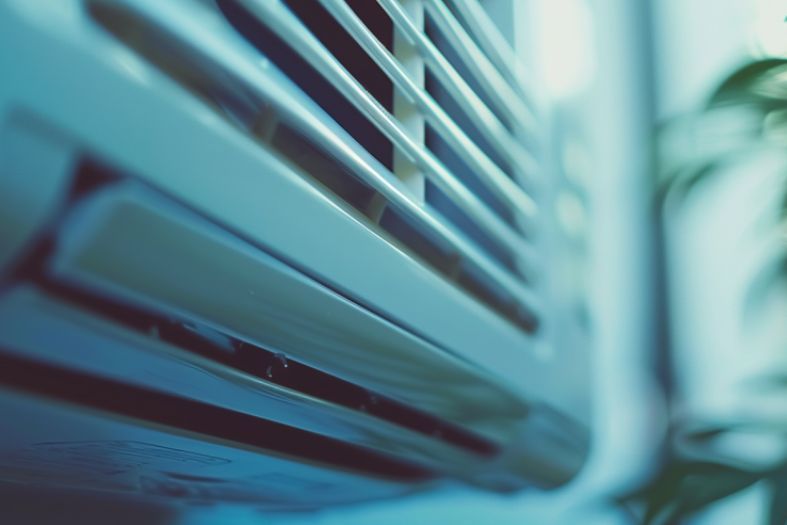

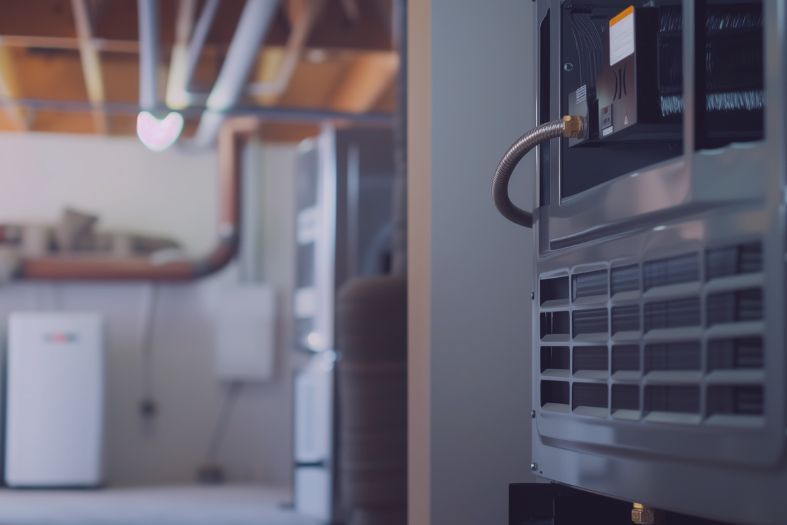
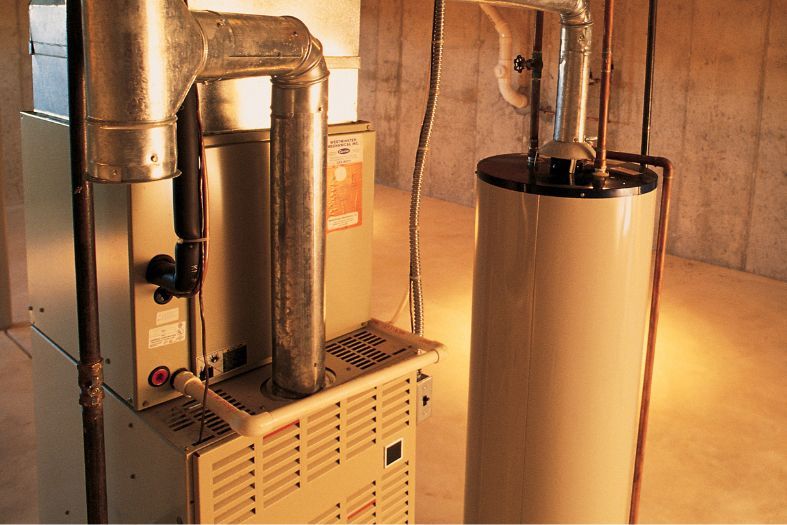
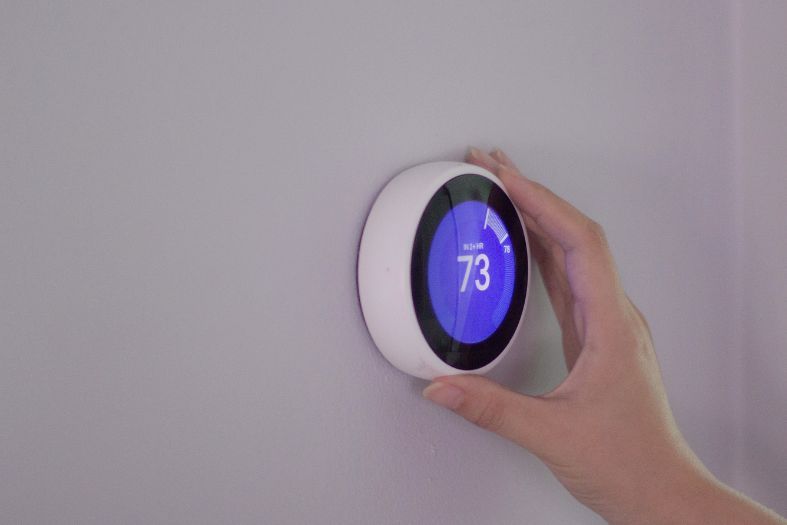
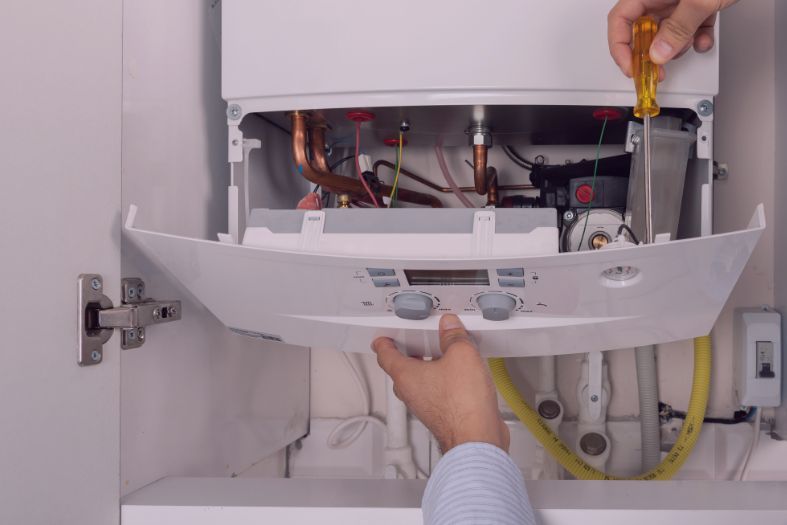
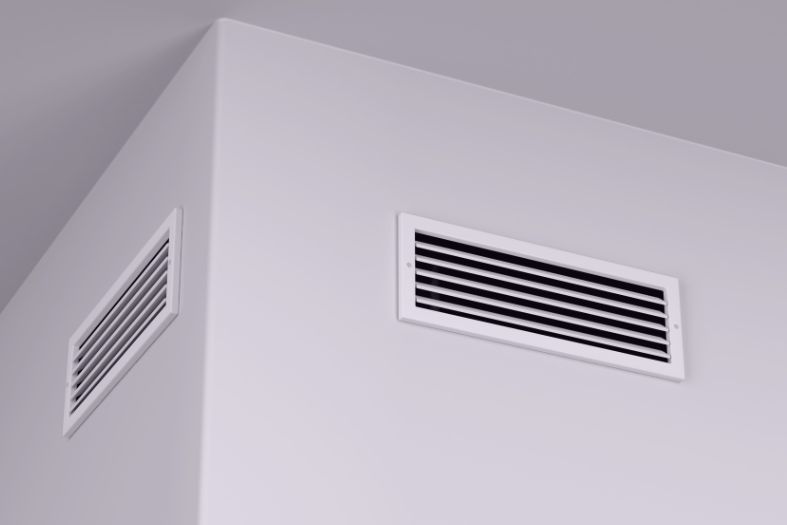
Leave a Reply